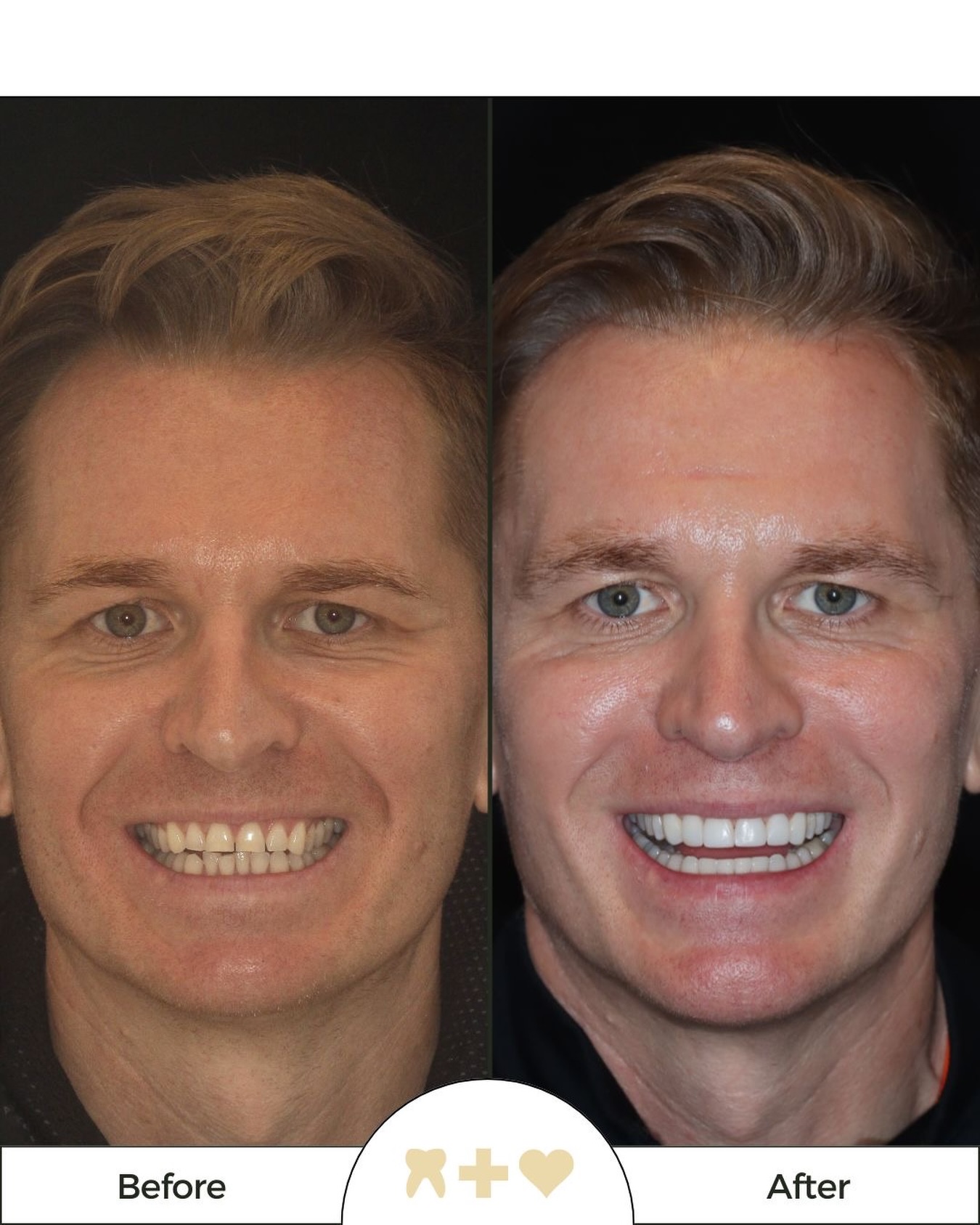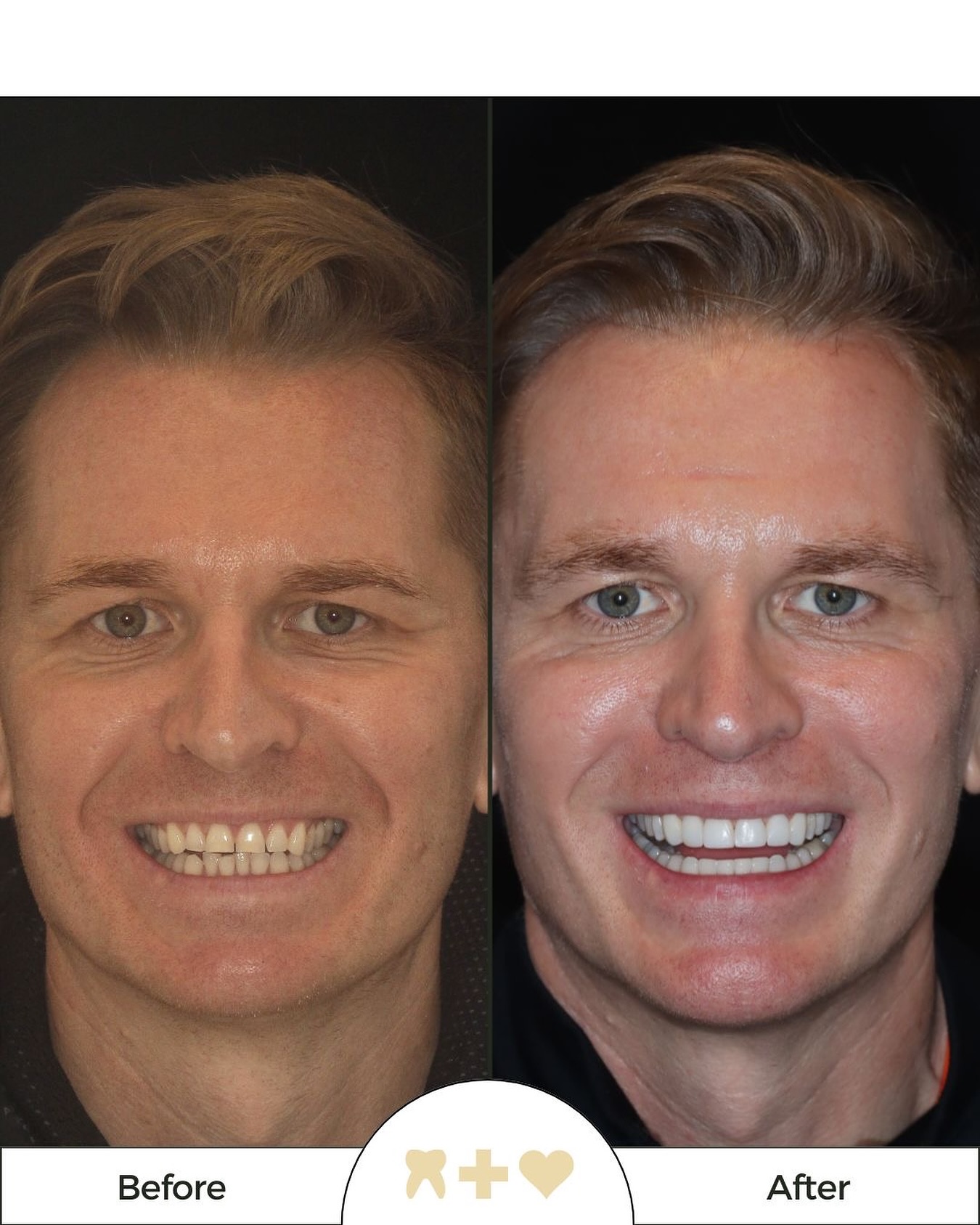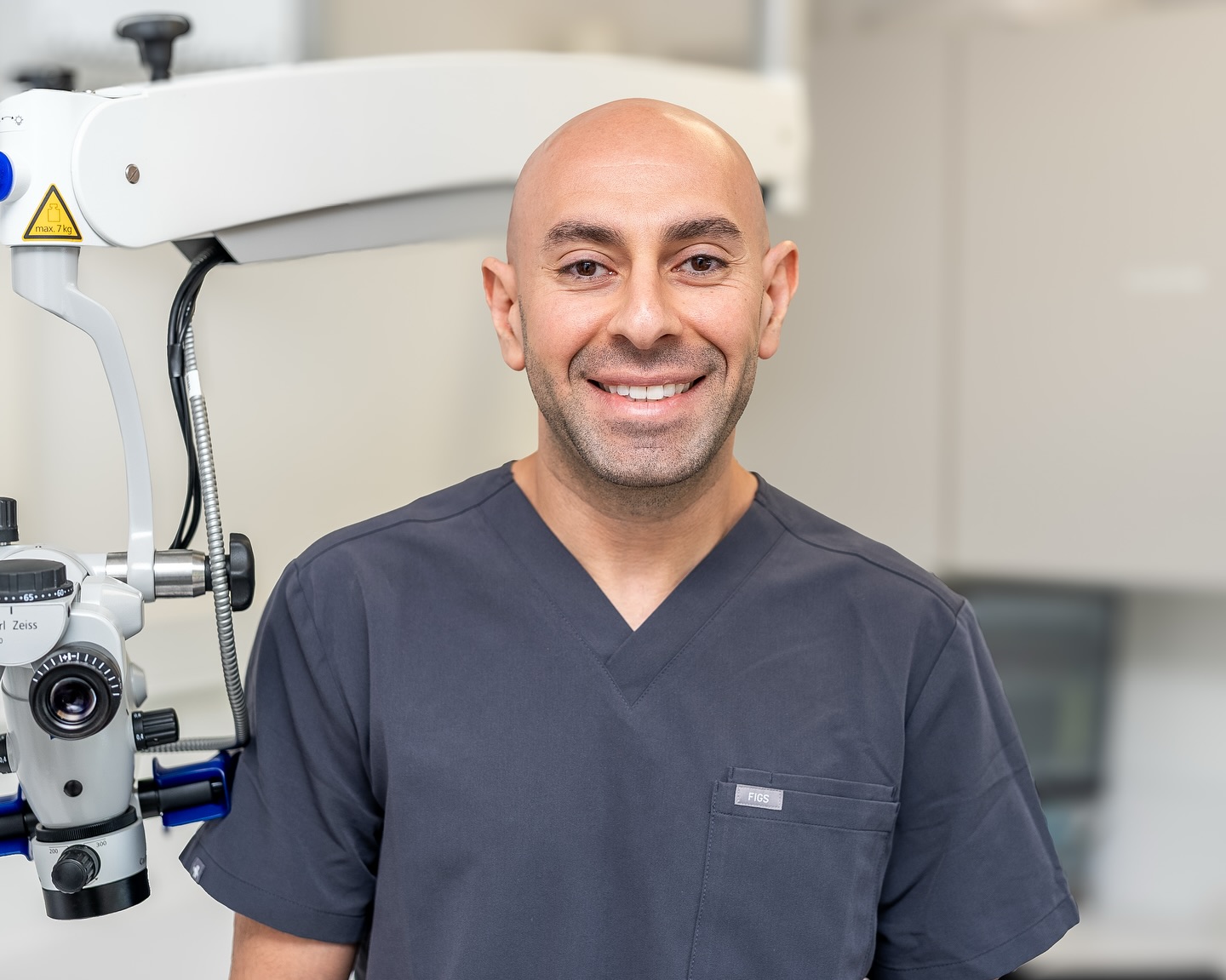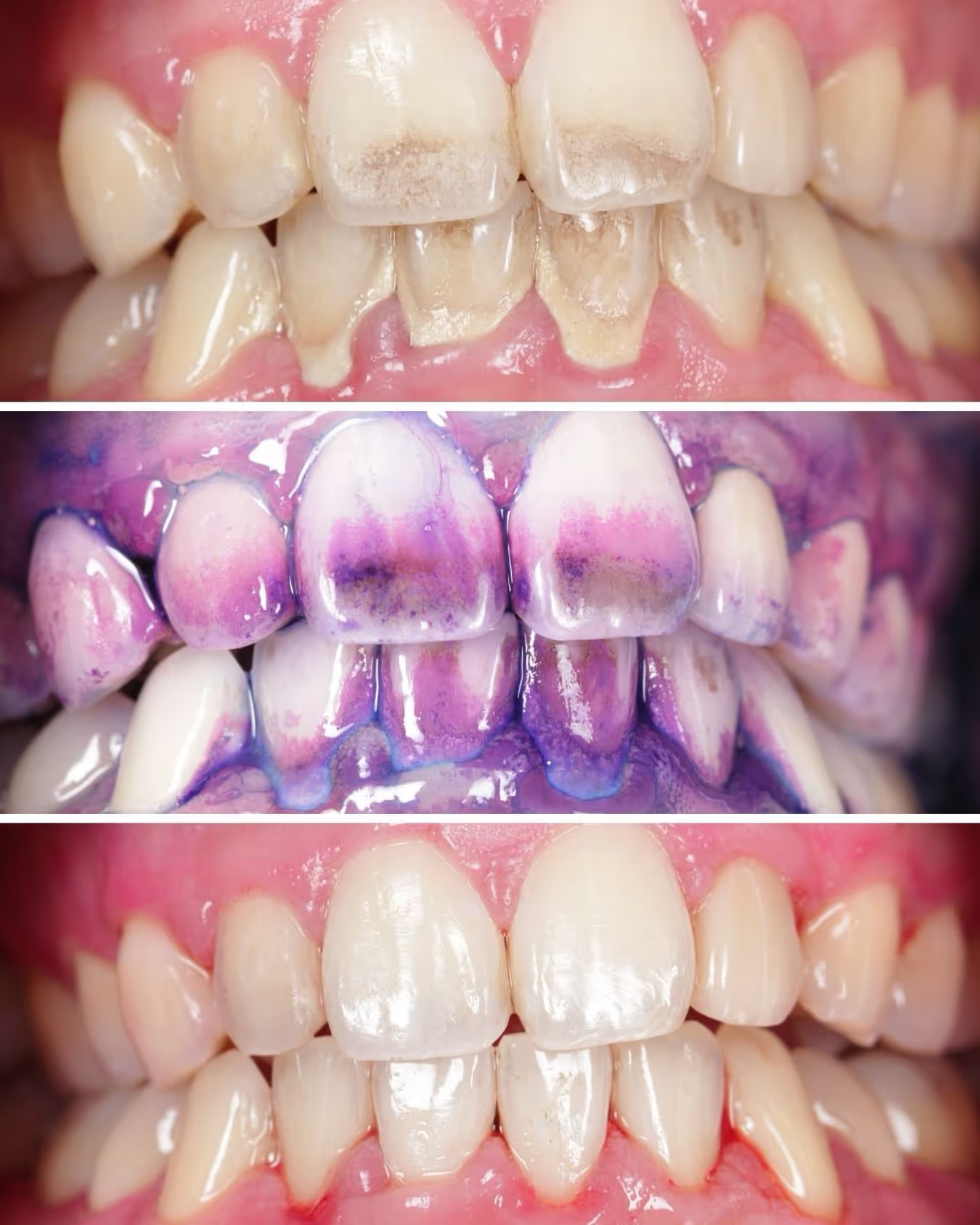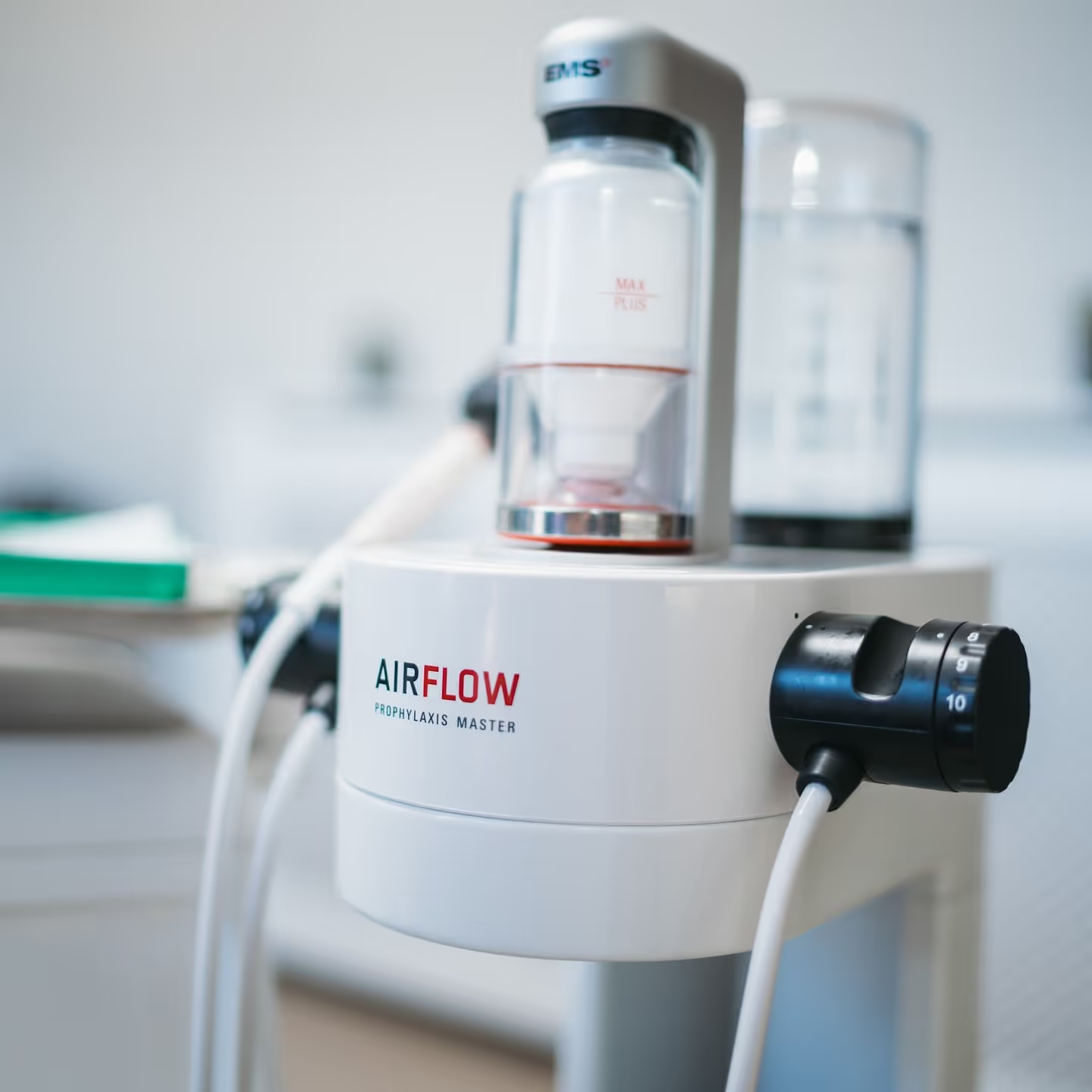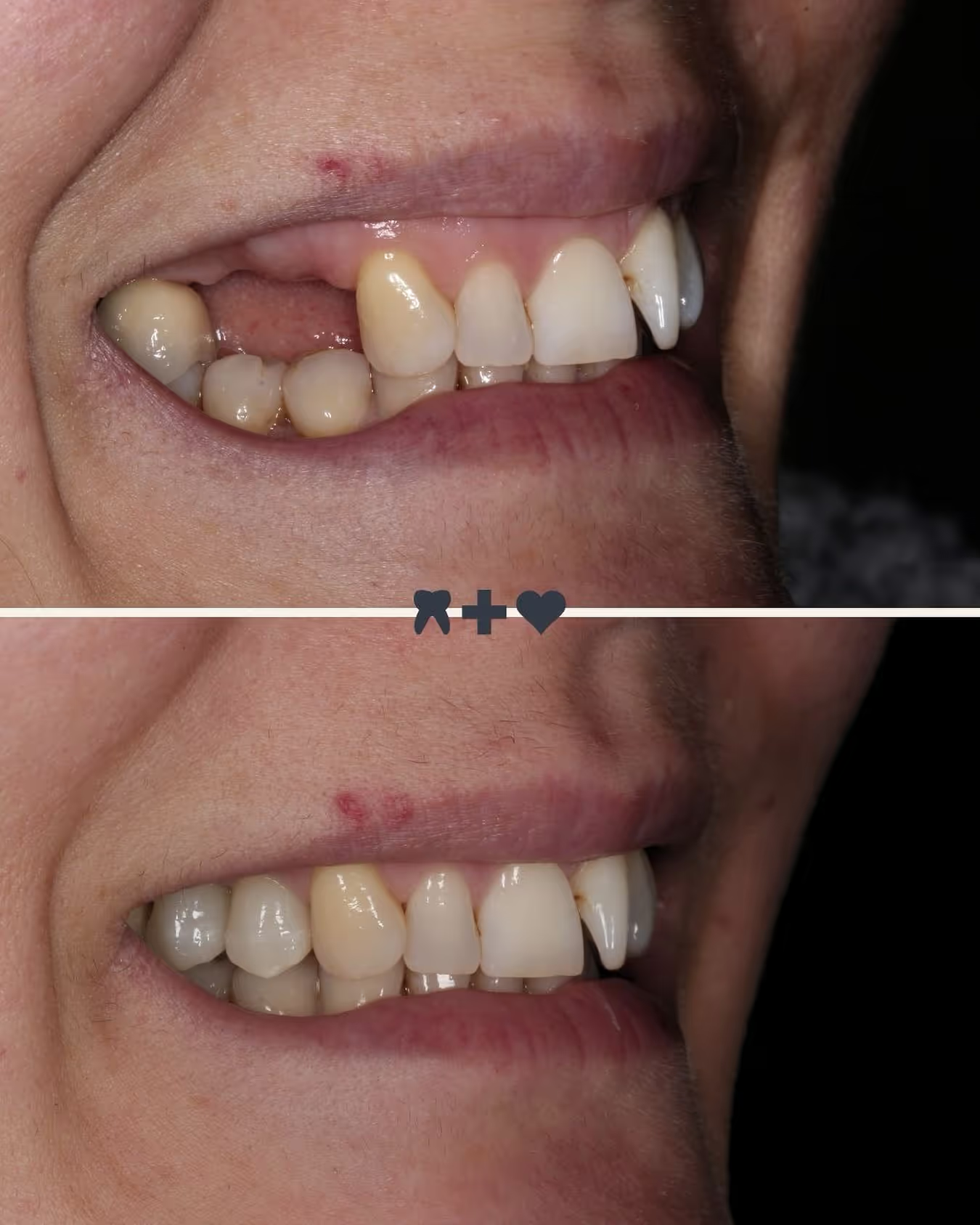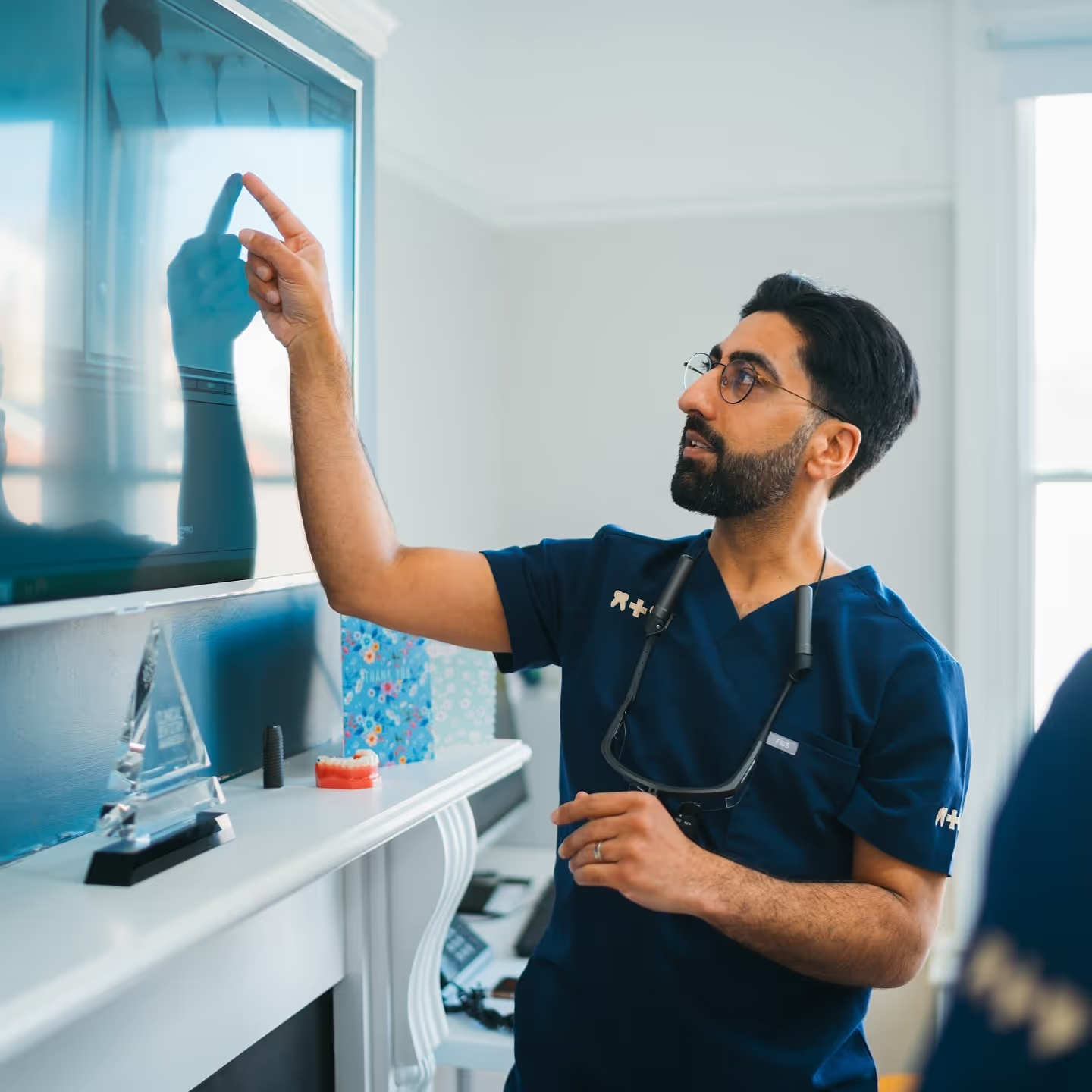Natural-Looking Tooth Replacement in Leamington Spa
Dentures are used to replace teeth from a single tooth to a full arch. They are removable and are not meant to be kept in place permanently. Modern dentures can have great aesthetics and provide good function, restoring your ability to eat, speak and smile with confidence.
Whilst some may feel dentures are a little old fashioned, they still have their place. They can help provide support to all the facial muscles and replace the support structures to teeth in a way that dental bridges cannot.
Restore your smile with natural-looking teeth
Support facial muscles to prevent a collapsed appearance
Improve speech by replacing missing teeth
Restore chewing ability for better nutrition and enjoyment of food
Provide a cost-effective tooth replacement solution
Precision-crafted by our award-winning dental technician.
Personalised design to complement your facial features.
High-quality materials for comfort and durability.
Various options to suit different needs and preferences.
Regular adjustments and replacements to maintain optimal fit.
Request your Dentures appointment
Full dentures
These replace all the teeth in either the upper or lower jaw, or both. They consist of a gum-coloured acrylic base that fits over your gums and supports a full set of prosthetic teeth. Modern full dentures are designed to look natural and provide good function, with careful attention to details like tooth positioning, shape, and colour.
Partial dentures
When you still have some natural teeth, partial dentures can fill in the gaps. These consist of replacement teeth attached to a gum-coloured base, with a metal framework that clips onto your remaining teeth for stability. Partial dentures prevent remaining teeth from shifting and maintain proper spacing for optimal oral health.
Immediate dentures
Placed immediately after tooth extraction, these allow you to have teeth while your gums heal and avoid being without teeth during the healing period. They require more adjustments as the gums and bone change shape during healing and are often replaced with conventional dentures once healing is complete.
Implant-retained dentures
These combine dentures with dental implants, using special attachments on the underside of the denture that connect to implants placed in the jawbone. This provides significantly improved stability and function compared to conventional dentures, particularly for lower dentures which typically have less retention.

denture options
Thanks to new techniques and advancements in dental materials, dentures made by our skilled, award winning technician, will look and feel great. We offer several enhanced options:
These incorporate a soft, flexible layer on the fitting surface that acts as a cushion between the hard base of the denture and your gums. They're particularly beneficial if you have sensitive gums or if your supporting bone has significant resorption.
Made from a flexible, nylon-based material, these can be more comfortable and natural-looking than traditional rigid dentures. They adapt better to the movements of your mouth and can fit around remaining teeth without visible metal clasps.
These use precision attachments rather than visible metal clasps to connect to remaining teeth, offering improved aesthetics and often better retention than conventional partial dentures.

Dentures
Will dentures change how I speak?
There may be a temporary change in speech while you adjust to your new dentures. Practicing reading aloud can help speed up the adaptation process. Most people return to normal speech patterns within a few days to weeks.
How long does it take to get used to wearing dentures?
Most people adapt to new dentures within a few weeks, though some adjustment period is normal. Initially, you might experience increased saliva flow, mild irritation, or difficulty with speech and eating, but these issues typically resolve as you become accustomed to your dentures.
How do I clean and care for my dentures?
Clean your dentures daily by brushing with a soft-bristled brush and denture cleaner (not toothpaste, which can be abrasive). Soak them overnight in a denture solution, and handle them carefully to avoid damage. Keep them moist when not in your mouth to prevent warping.
How much do dentures cost?
The cost varies depending on the type of denture and your specific needs. We provide detailed cost information during your consultation and offer payment plans to make treatment more accessible. While dentures are generally more affordable than implants or fixed bridges, quality matters for comfort and aesthetics.
Can I sleep with my dentures in?
It's generally recommended to remove dentures at night to give your gums a rest and prevent potential problems like inflammation or fungal infections. Removing dentures also allows you to clean them thoroughly.
Will my dentures need to be replaced?
Yes, dentures typically need replacement every 5-7 years. As the shape of your jaw and gums changes over time, your dentures will need to be relined or remade to maintain proper fit and function.
Can I eat normally with dentures?
While dentures restore significant chewing function, there may be some limitations. Start with soft foods cut into small pieces, and gradually introduce more challenging foods as you adjust. Avoid extremely sticky or hard foods that might damage your dentures or cause them to dislodge.




















































